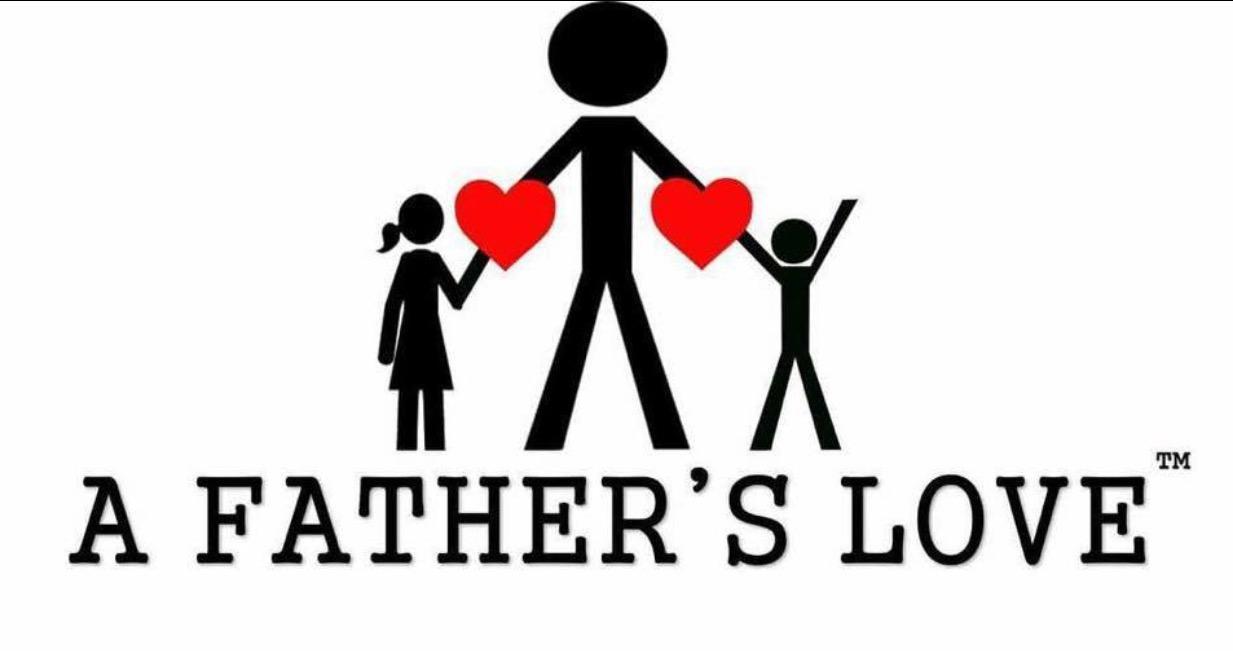FOREWORD BY THE HON. KHALEEL M. ANDERSON, MEMBER OF THE NYS ASSEMBLY, DISTRICT 31, QUEENS
〰️
FOREWORD BY THE HON. KHALEEL M. ANDERSON, MEMBER OF THE NYS ASSEMBLY, DISTRICT 31, QUEENS 〰️
Maurice L. Williams, author of the book “Bastard: From Prisoner To Professor” gives detailed anecdotes of his life during his period of incarceration; onward to his noted and attained success as a college lecturer. His story gives a voice to the voiceless who often never see the other side of the cold, violent, and concrete institution we call prison. Most stories about being young, black, male, and growing up with circumstances out of our control, go untold. Maurice’s authentic voice draws readers into the raw and explicit truths of the journey to healing the pain which was caused by instability, fatherlessness, and trying to find a sense of self at a young age. Throughout the book, he uncovers experiences with sex, violence, trauma from domestic abuse, poverty, and a broken criminal justice system. Brother Williams’ story shows his spirit of commitment and dedication to not allowing the circumstances of today to determine the outcome of tomorrow. The uniqueness of this story, however, is at the precipice of a road where he could have chosen a path that would have surely ended poorly. Instead, he used and continues to use his experiences to uplift other young black men and fathers throughout our communities.
In the book, Maurice references the definition of a “bastard child” as “a child that is often one of the least regarded individuals in society because he has no paternal covering”. Writing this forward is personal to me because I too am a bastard. Maurice and I have in common the experience of growing up in a fatherless household in Far Rockaway. In my youth, my interactions with the criminal justice system was in part due to systemic racism as well as being a victim of circumstance. Today in my service as a member of the State legislature, I am proud to be the youngest black man to ever achieve this feat. I am dedicated to my work and use my platform as an outlet to express my willingness to help improve the lives of those living in the communities I serve. Moreover, the journey to our purpose is a lifelong endeavor and with mirrored circumstances of those voiced in Mr. Williams' book, we both understand the road ahead.
Lastly, I would be remiss not to reiterate how systemic racism directed the life experiences of myself and Mr. Williams. In 1965, the racist “The Negro Family: The Case For National Action”colloquially known as the Moynihan Report gave a blueprint to justify a theory of poverty as pathology as a means to explain the rise in black single-mother families. This policy document used the highest levels of political power in the United States to perpetuate a harmful theory that destructive and ghetto culture was a natural part of the black experience. This policy document coupled with the New Jim Crow, and the increased incarceration of black men during the 80’s and 90’s further explains the intersectionality between Mr. Williams’ memoirs and others with similar backgrounds. This novel deeply describes some of the harsh realities marginalized Black and Brown youth in America are faced with daily. Not allowing his eventual and hard fought success to be thwarted by a system designed for young black men to fail, is highly commendable. It is my profound hope that Mr. Williams continues to inspire those in need of guidance to turn their pain into purpose.
Maurice L. Williams, Author with the Hon. Khaleel M. Anderson in Albany, NY


